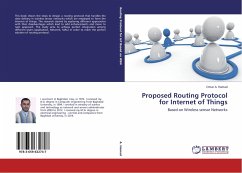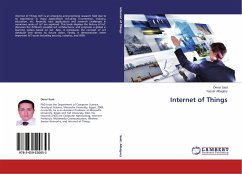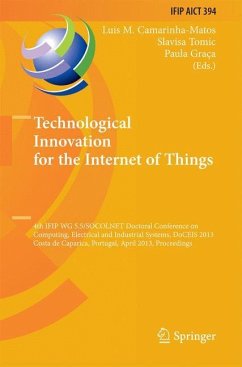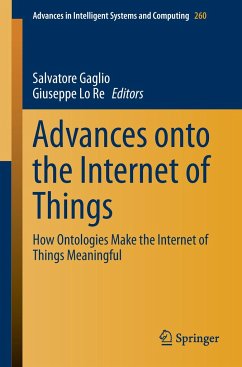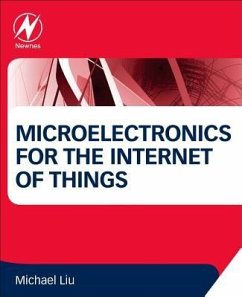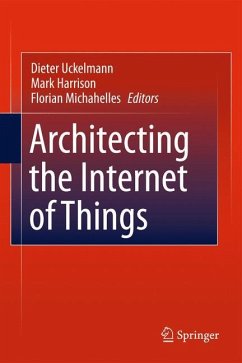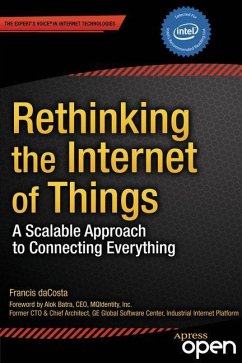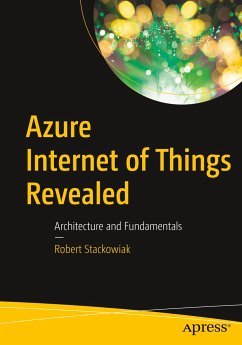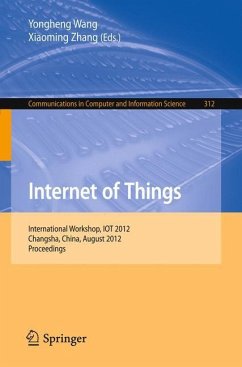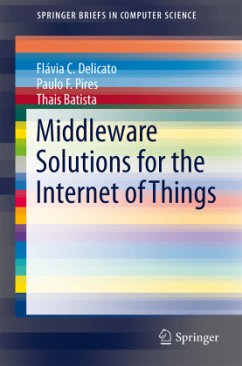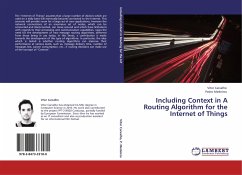
Including Context in A Routing Algorithm for the Internet of Things
Versandkostenfrei!
Versandfertig in 6-10 Tagen
32,99 €
inkl. MwSt.

PAYBACK Punkte
16 °P sammeln!
The Internet of Things assumes that a large number of devices which are used on a daily basis will eventually become connected to the Internet. This scenario will provide room for a large set of new applications, however the network connections of an enormous set of nodes, which can be connected and disconnected, can move around and which have limitations with regards to their processing and communication capabilities, raises the need for the development of new message routing algorithms, different from those being in use today. In this thesis, a contribution is made towards the development of...
The Internet of Things assumes that a large number of devices which are used on a daily basis will eventually become connected to the Internet. This scenario will provide room for a large set of new applications, however the network connections of an enormous set of nodes, which can be connected and disconnected, can move around and which have limitations with regards to their processing and communication capabilities, raises the need for the development of new message routing algorithms, different from those being in use today. In this thesis, a contribution is made towards the development of this type of algorithms. In particular, the idea which is tested is whether routing algorithms can improve their performance at various levels, such as, message delivery time, number of messages lost, power consumption, etc., if routing decisions can make use of the concept of Context .



